Naspers’ strategic focus on South African tech startups is starting to pay off
Naspers, Africa’s biggest company by market cap, has taken a wide-ranging approach to its international investments, from food delivery in Germany and Brazil, to edtech in India. In recent years, its growth in Africa has had a more singular focus: backing South African tech startups with global potential.
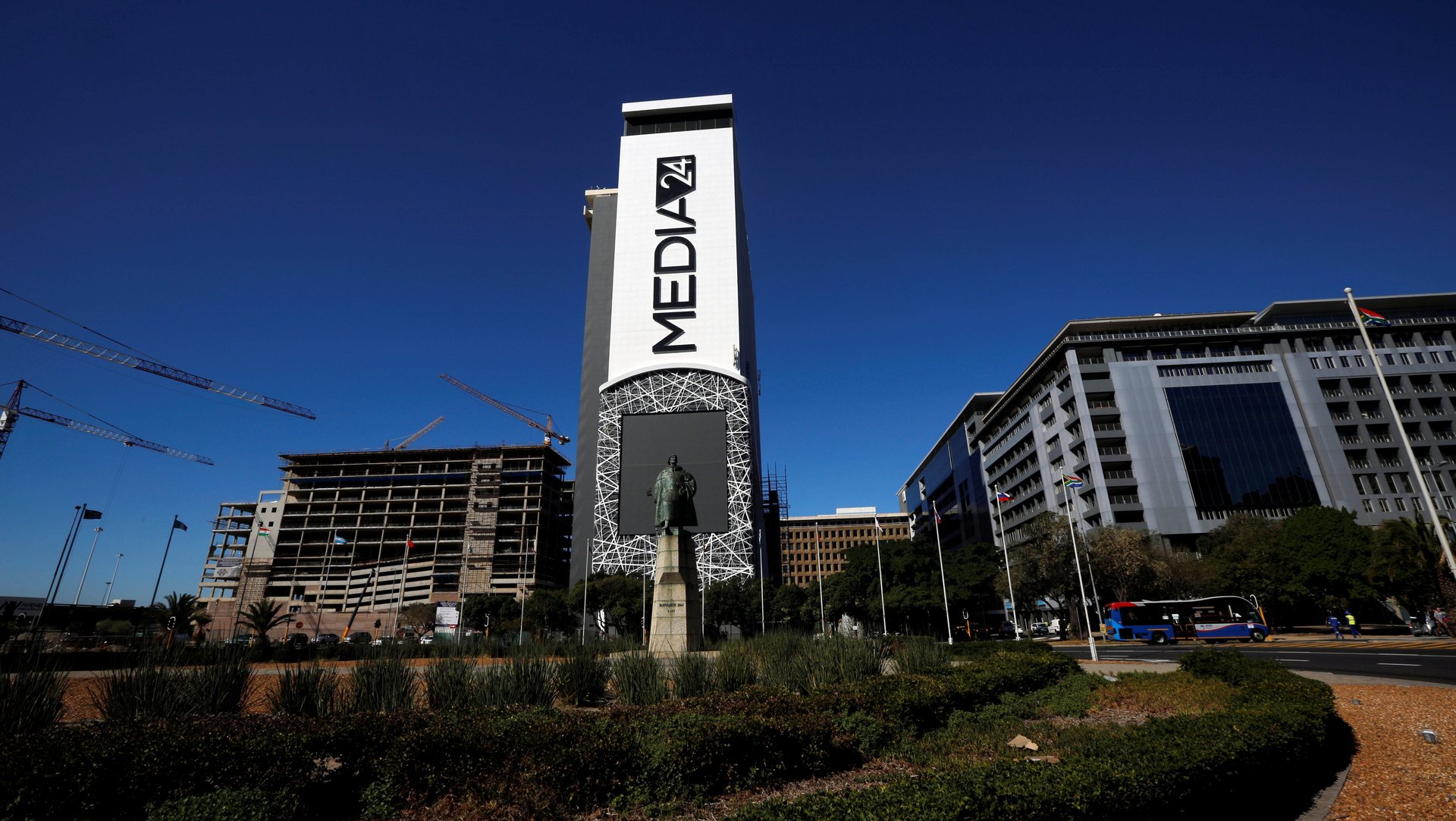

Naspers, Africa’s biggest company by market cap, has taken a wide-ranging approach to its international investments, from food delivery in Germany and Brazil, to edtech in India. In recent years, its growth in Africa has had a more singular focus: backing South African tech startups with global potential.
Naspers began as a local newspaper company 100 years ago in South Africa. In 2018, it pledged $314 million to fund and grow South African tech businesses, dedicating a $92 million slice to a startup fund called Naspers Foundry.
That pot made the Foundry one of the continent’s biggest investment vehicles. With a focus on Series A and B startups with the potential to develop the country’s tech network, the Foundry has invested in e-learning, food supply chains, domestic services, and agritech since its launch.
“We invest in high-potential businesses where we have a phenomenal founder who runs a highly scalable business model,” says Foundry head Fabian Whate. “The current venture landscape in South Africa probably supports checks of around a few million rand, up to maybe about ten,” Whate said, emphasizing the increased capital the Foundry can offer. “We don’t invest in ideation, we invest in actual tech businesses,” he added.
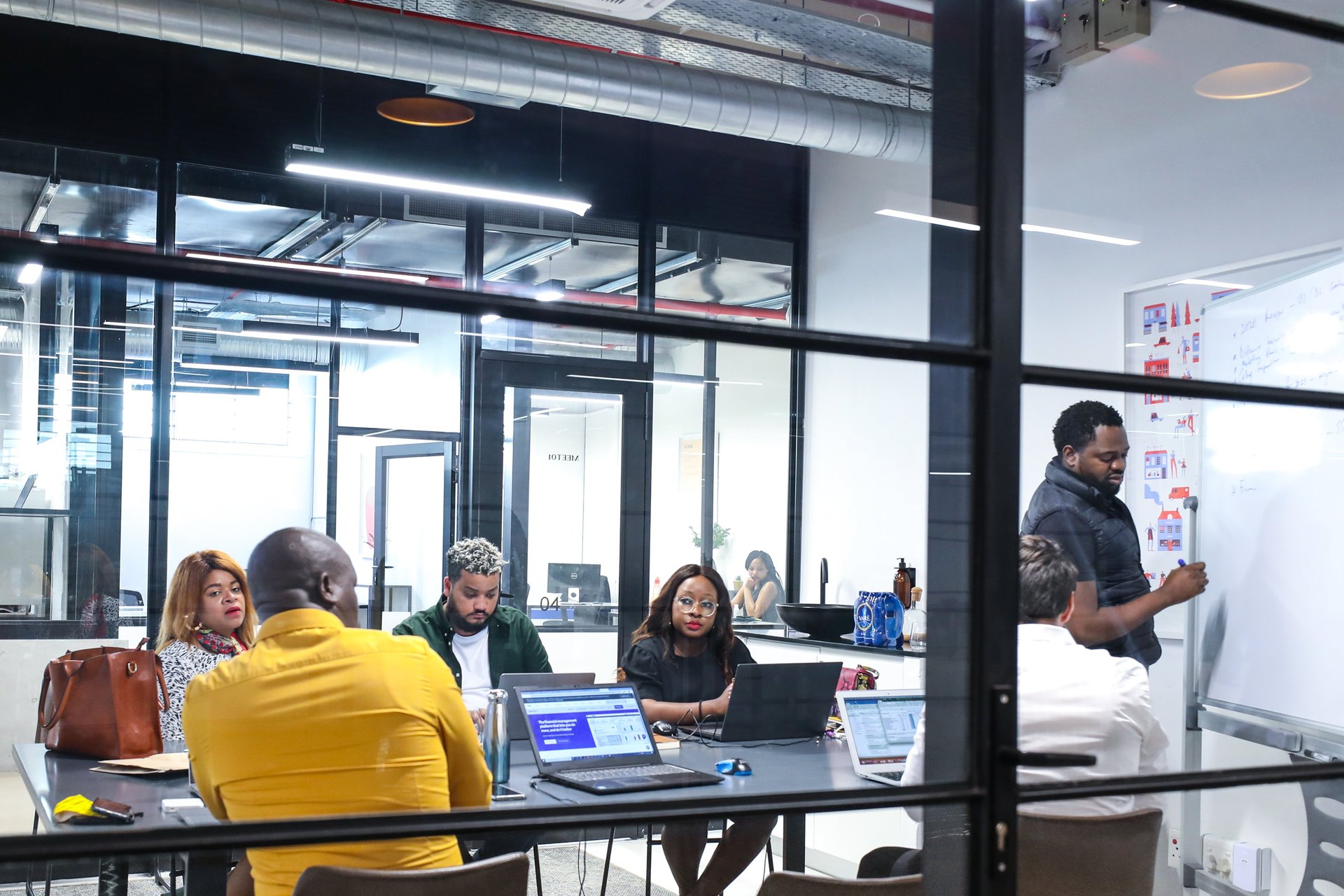
Naspers Foundry investments
Agritech company Aerobotics is one of the latest companies to have received financial backing from the Foundry, which led a commitment of R253 million ($17 million) in Series B round funding in January, alongside other investors.
The subscription-based platform uses drones and artificial intelligence to help farmers keep track of crop yield and manage crop health. The company also collects data on fruit size and color to ensure harvest efficiency, and help manage the packaging process.
The company has the distinction amongst African startups of having broken into the US market in “a meaningful way,” says Ross Jenvey, general partner at South African VC-firm Kingson Capital Partners. It operates in 18 markets in Africa and the US, and recently opened an office in California. “Not many South African startups have cracked it in the US market yet,” Jenvey said.
Whate says the Foundry’s attraction to Aerobotics was its focus on tackling global problems, its superior product, which surpassed existing, less efficient traditional farming methods, and its potential to scale.
“It was really an opportunity to back a business that has significant scope for growth, and through a few methods,” Whate said. “There’s room for the business to launch new products that are related to their existing product set that can serve both existing and new customers. It’s a globally scalable business.”
Other recent investments include the Food Supply Network, an online marketplace connecting food distributors and buyers which operates in South Africa, Namibia and Zambia, and The Student Hub, a free-to-use online education platform.
The Student Hub, which received R45 million (about $3 million) from the Foundry, offers technical and vocational training courses online and in-person. It also offers internships and connects professionals to the job market.
Because the online platform requires limited infrastructure, the cost is reduced, and you can “leverage the human capital,” Whate said. “At the same time, it has improved outcomes because you automate the outcome within the system. So lectures can monitor individual performance, department heads can monitor individual lecture performance.” Additionally, he notes, “it’s large market [of] 700,000 students, which the government would like to quadruple,” said Whate. (The South African government subsidizes a large bulk of technical and vocational offerings.)
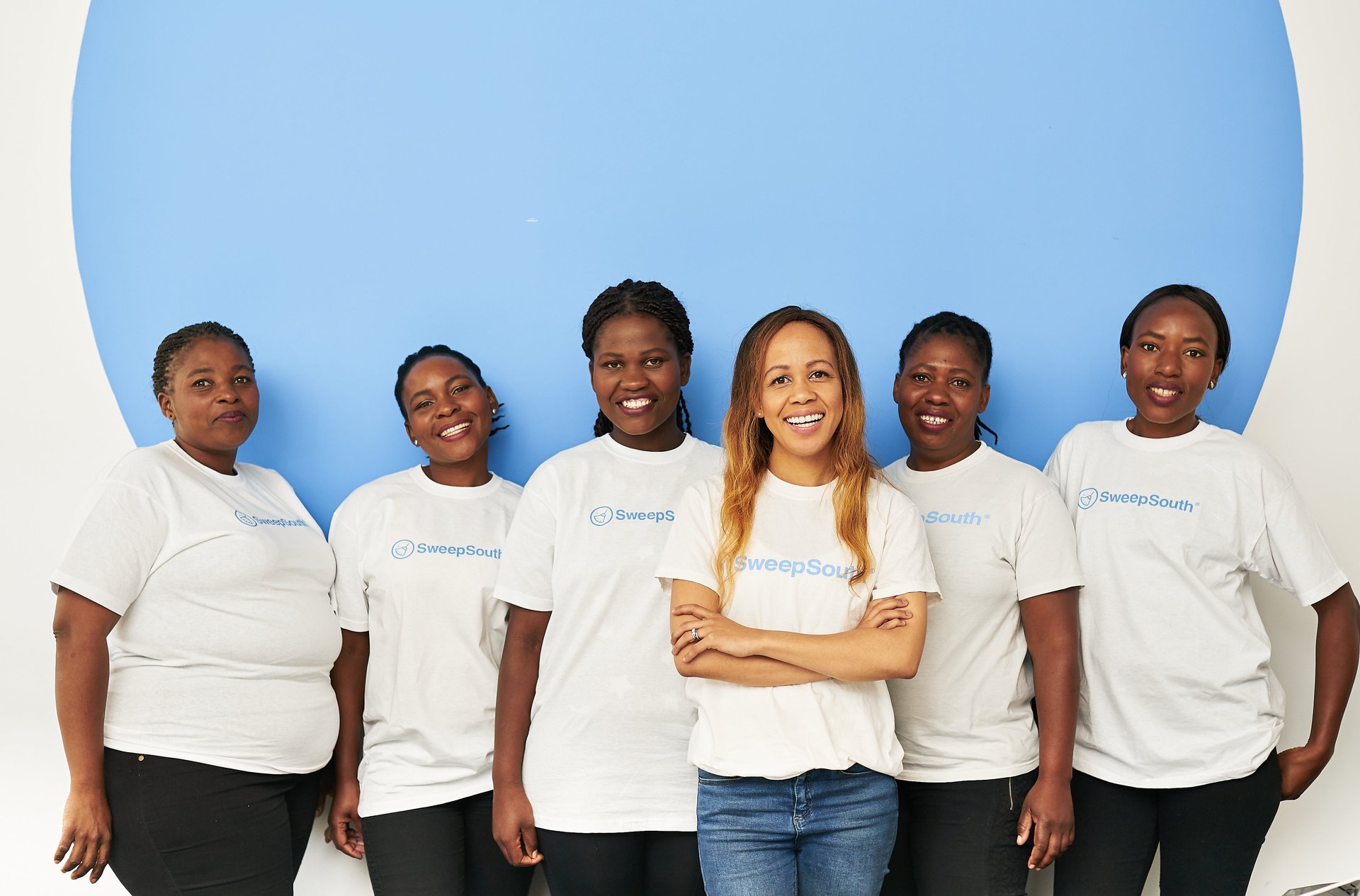
SweepSouth was the Foundry’s first investment, receiving R30 million ($2 million) shortly after the fund was established in 2018. The service connects customers to vetted, reliable and skilled domestic cleaners called SweepStars.
Whate says SweepSouth was negatively impacted by South Africa’s three-month hard national lockdown in response to the coronavirus pandemic, which saw the suspension of non-essential business. But after restrictions were eased last May, the business made a steady recovery, and has since been able to expand into gardening, plumbing, and handyman services.
The company hopes to expand its services in and around South Africa’s five major metros, before diving further into other African markets.
Naspers group goes global
Naspers’ 46.5% stake in China’s Tencent, valued at $34 million back in 2001, was instrumental in turning the company into a tech giant (Tencent nearly hit a market cap of $1 trillion in January). The company’s subsidiaries operate in sectors ranging from ecommerce to streaming to fintech
The company listed its $100 billion international assets spin-off Prosus on the Euronext exchange in Amsterdam in 2019, making it one of the largest internet companies in Europe. The spin-off has invested in companies like India’s online food platform Swiggy as well as Mail.Ru, a major Russian internet platform. Its current priority is in India, says CEO Bob van Dijk, where it has spent over $5 billion in the past five years, becoming the country’s second biggest investors after SoftBank.
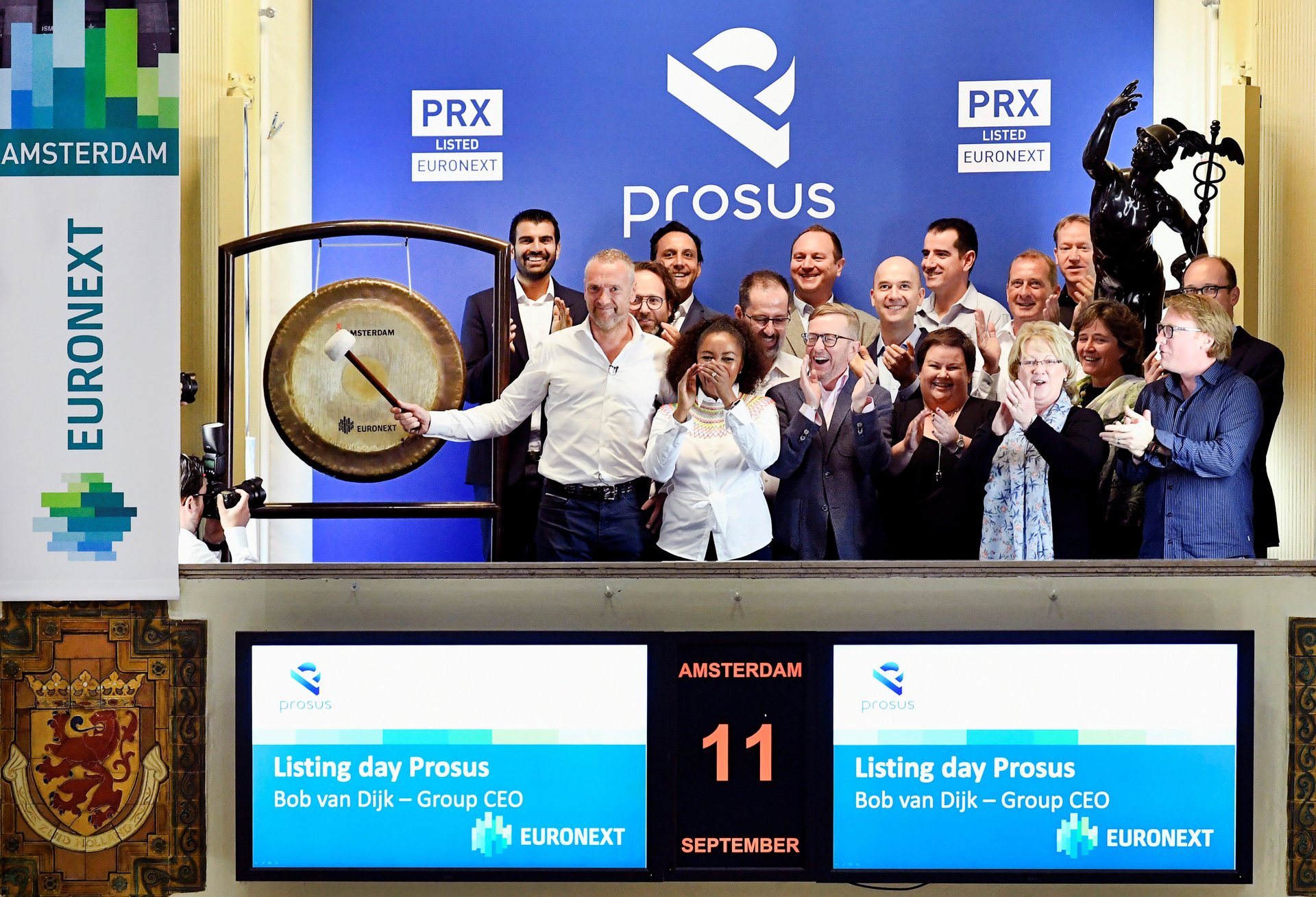
Despite having its start in Africa, the company’s investments on the continent had yet to find the same success as its endeavors elsewhere, as Yomi Kazeem wrote in 2018 when the Foundry launched. Focusing on South Africa is a less risky game.
“There is no immediate need for a pan-African strategy if Naspers Foundry can keep picking up high-growth scalable businesses in South Africa with limited competition in the market,” says James Milne, director of Silicon Cape, a tech networking company.
Whate says the Foundry’s focus on South African startups is not that distant from the strategy employed by the group at large, which “invests from its strategic businesses; across fintech, edtech, food tech, marketplaces.”
The Foundry takes a 10-30% stake in the companies it invests in, as well as a board seat. Its involvement includes regular meetings and valuable opportunities for growth such as introductions to the group’s company portfolios.
It also considers follow-up funding for high-performing existing portfolio companies over a number of years.
The start-up backer is still looking to expand its portfolio by increasing their reach into series A level companies; start-ups with strong customer bases and monetization potential, and several more indicators.
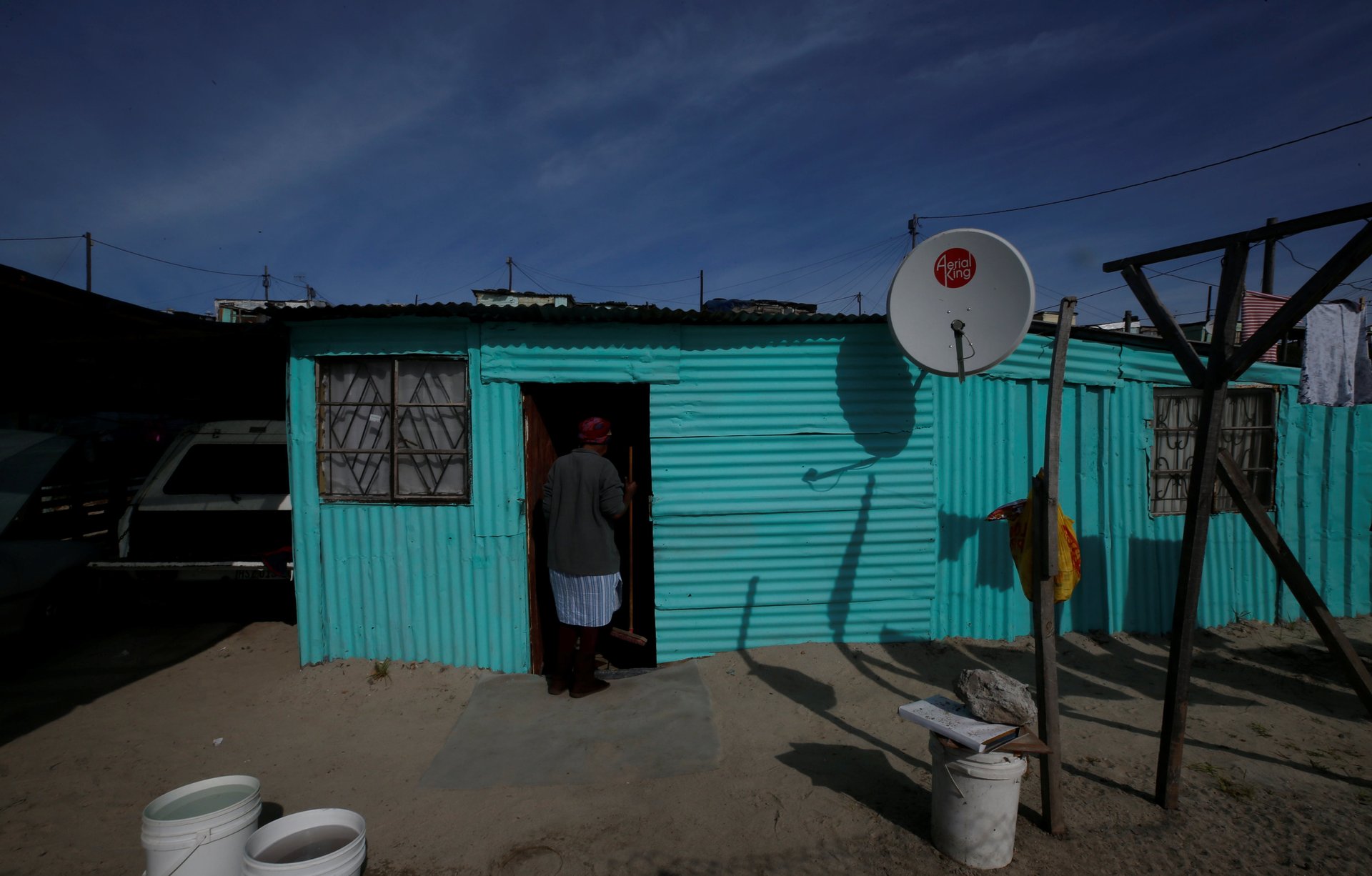
South Africa’s startup ecosystem
South Africa’s startup scene is still in its infancy, and part of the Foundry’s goal is to give it a jumpstart.
The country saw a 27% increase in investor funding for start-ups in 2020, against an almost 30% decrease in funding across the continent, according to global investment platform Partech Africa, making it the fourth most attractive country for investors on the continent. It counted around 72 concluded deals in South Africa last year, valued at $259 million.
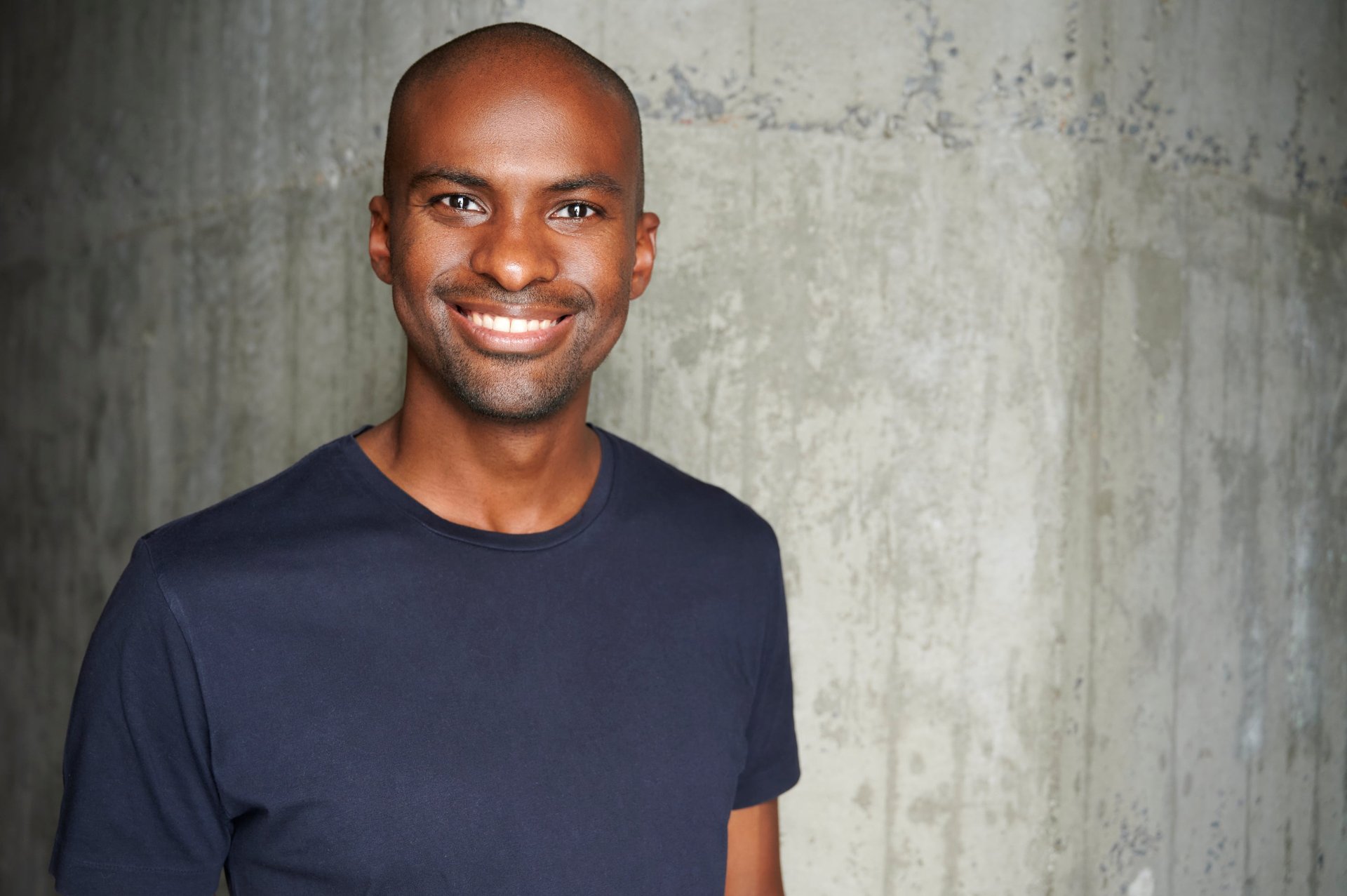
Whate says the Foundry’s focus on businesses with potential to expand in Africa, the US, and Europe, is intended to be “self-fulfilling”—ie. a strategy designed to attract more capital, and hopefully see more South African companies being funded. “If people know that there’s an infrastructure for them, they’re more likely to take that risk of jumping into entrepreneurship.”
Milne says the Foundry has become a “critical enabler to the startup ecosystem, especially as companies reach a high growth stage. Naspers is recognized as one of the top 10 tech investors in the world, so having a dedicated fund servicing the SA market is critically important for boosting the ecosystem.”
Still, the country’s digital economy is limited in several ways. South Africans pay about $8 for 1GB of data, ranking the country as one of the most expensive countries to buy data in, and shutting out many consumers.
Another barrier to growing venture capital investment in South Africa is the recent abolition of a tax incentive which gave venture capital firms a rebate for investing in “SMMEs,” or “small, medium and macro enterprises.” Part of an effort to boost growth and digital innovation, and help the country with its crippling employment rates, the scheme failed to produce enough results for the government to justify continuing it.
“Unfortunately, only a handful of venture capital companies [can] legitimately claim that they invest in SMEs,” said Andrea Böhmert, Co-Managing Partner at Knife Capital.
Ultimately, the end of the section tax incentive means less capital into the ecosystem. This also means that small micro and medium businesses access to equity funding is further limited, in a country already struggling with sharp employment numbers, exacerbated by the global pandemic.
South Africa is also grappling with how to deal with digital economy competition regulations. Any resulting regulation is something Naspers, and the startups supported by the Foundry say they are committed to managing.
These challenges may mean the difference between the Foundry’s impact remaining limited to South Africa, or filtering through to the continent and the world.
Sign up to the Quartz Africa Weekly Brief here for news and analysis on African business, tech, and innovation in your inbox.